Books
These are some thoughts and/or excerpts from different books I have read recently.
The 7 Habits of Highly Effective People
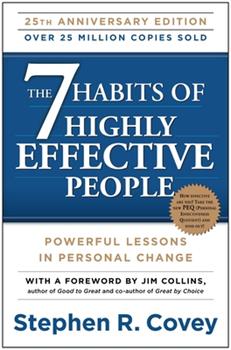
I never thought this book was going to be so good. I had heard about it a lot and thought it was one of those books that people talked about but its content was obvious.
I decided to read it after a CEO in a podcast said it changed his life. I gave it a try.
Applying the 7 habits is no easy task, but I just try to remember the few that help me most.
The 7 habits are:
- Be proactive
- Begin with the end in mind
- Put first things first
- Think win-win
- Seek first to understand, then to be understood
- Synergize
- Sharpen the saw
This is a book to read at least twice and pray you apply the habits when you need them.
Cómo ganar amigos e influir sobre las personas
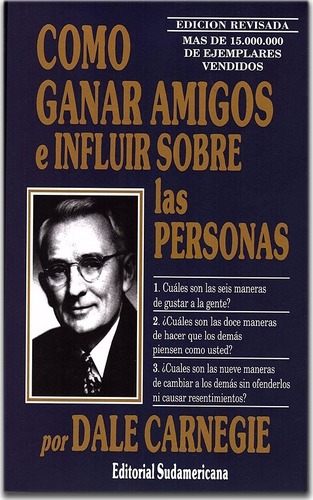
My uncle recommended this book around the year 2000. I kept postponing it until I finally read it.
This is a must-read and one to revisit from time to time.
Hello, Startup

I am enjoying this book. It summarizes what it takes to run a company of any size.
Key ideas:
-
“Speed Wins.” If you can’t move fast, be ready to lose.
-
On design:
- Your first draft will be awful — keep iterating.
- Understand why a design works or not.
- Design is about helping users achieve their goals — not just beauty.
-
Always ask why. The root cause may not be obvious.
-
Creativity tip: Taking a brief walk can significantly improve creativity (Oppezzo & Schwartz, 2014).
Vida en Comunidad
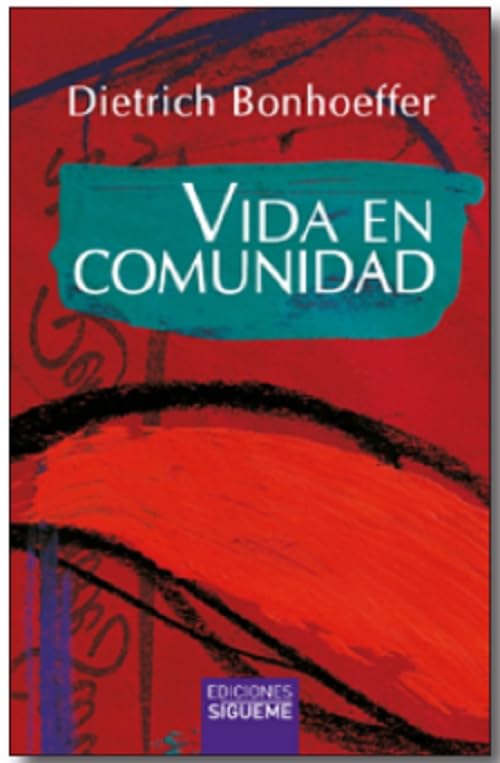
I recommend this book to all people within a Catholic or Christian community.
Key ideas:
-
“We are united by Jesus.” It is Jesus who unites everyone in the community.
-
My idea of the community can destroy the community. My ‘job’ within the community is not to change it or change someone, but to love my brothers and sisters.
-
We are called to be like Jesus. Our happiness resides in loving and giving our life for others.
The Road Less Traveled
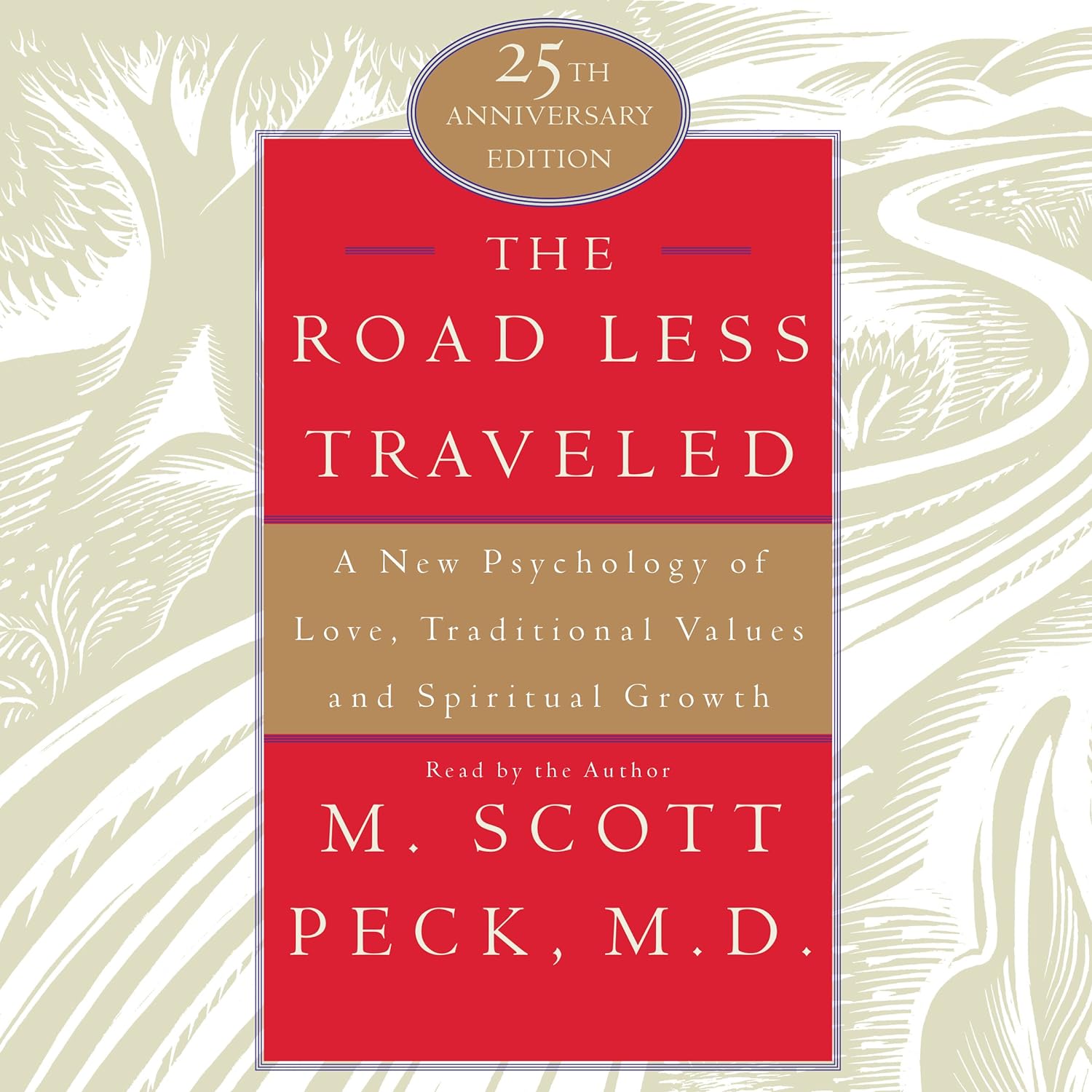
If you are a parent, this is a most read book: A guide to navigating life’s inherent difficulties with maturity and purpose. By embracing discipline, practicing active love, and remaining open to spiritual growth and grace
Key ideas:
-
“Discipline.” Discipline is the foundation of mental and emotional health.
- Delayed gratification:” The willingness to endure pain now for a greater reward later.
- Accepting Responsibility: Taking ownership of your choices and their consequences.
- Dedication to Truth: Remaining open to constantly revising your view of reality, even when it’s painful.
- Balancing: The ability to navigate competing needs and find a healthy middle ground.
-
Love: A conscious, deliberate choice to extend oneself for the purpose of nurturing one’s own or another’s spiritual growth.
The Meaning of Marriage: Facing the Complexities of Commitment with the Wisdom of God
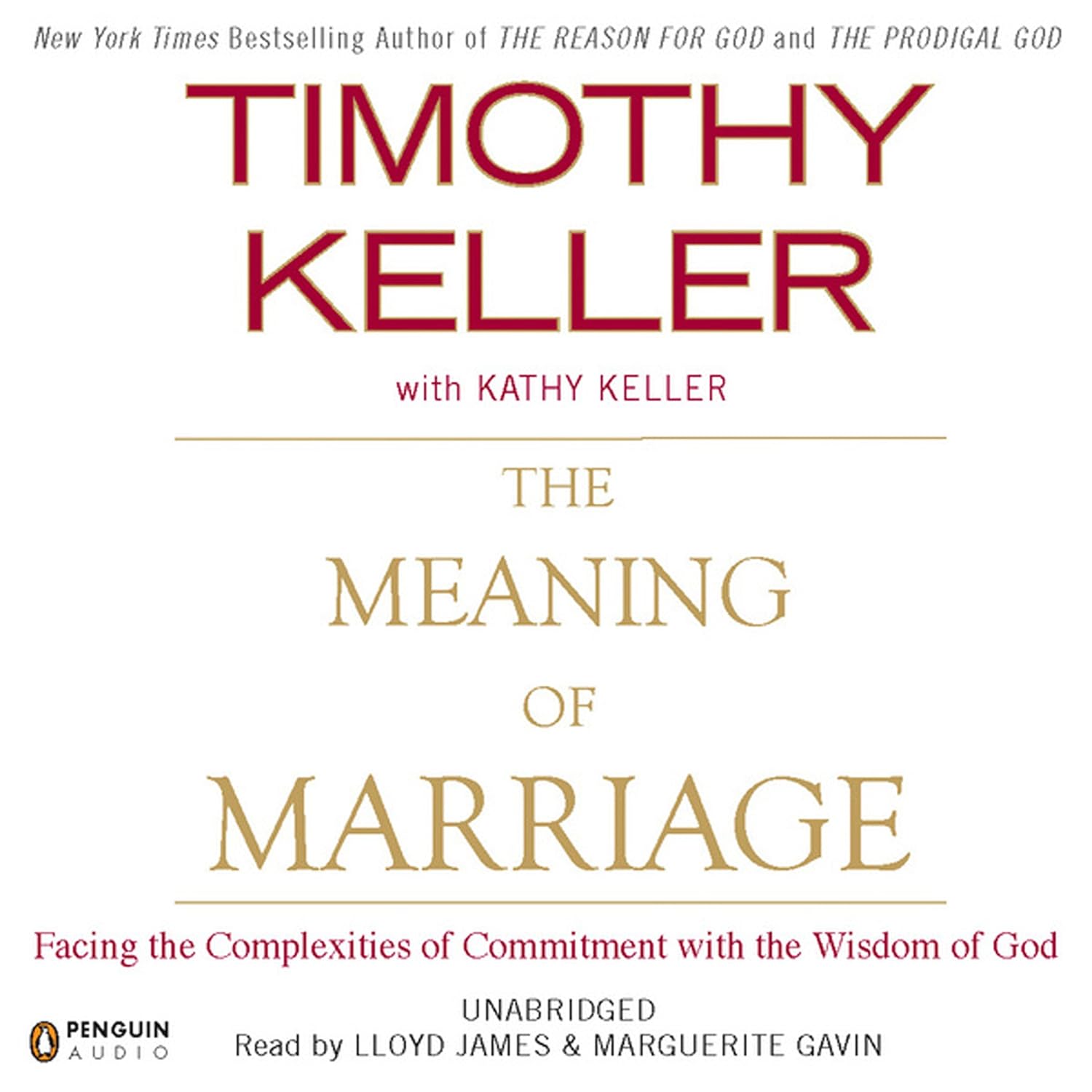
A challenging but hopeful vision of marriage as a lifelong, covenantal commitment where two people work together to reflect God’s love and help each other grow
Key ideas:
-
The Power of the Covenant: Marriage is not merely a contract based on feelings or shared interests. It is a covenant, a solemn promise made before God, which provides a solid foundation that endures even when emotions change. This covenant is a commitment to a partner’s flourishing, not just your own.
-
The Secret of Marriage:” The “secret” to a successful marriage is not finding the “right person” but becoming the right person. They emphasize that a spouse’s flaws are opportunities for personal growth and for learning to show grace and forgiveness, mirroring the grace God shows to people.
-
Love as a Vocation: Love in marriage is not a feeling but as a vocation or calling. It’s a daily act of service and sacrifice, putting your spouse’s needs before your own.
-
Marriage and God: Marriage is a living illustration of the relationship between Christ and the Church. The sacrifice, forgiveness, and selfless love in a healthy marriage are meant to reflect the ultimate love of God. Therefore, marriage is a way to understand and experience God more deeply.
-
Facing Complexities: The book addresses common marital challenges head-on, including finances, communication, and sex. It offers practical advice rooted in the principles of a biblical worldview, encouraging couples to address these issues through humility, prayer, and a commitment to service.
The Conscious Parent
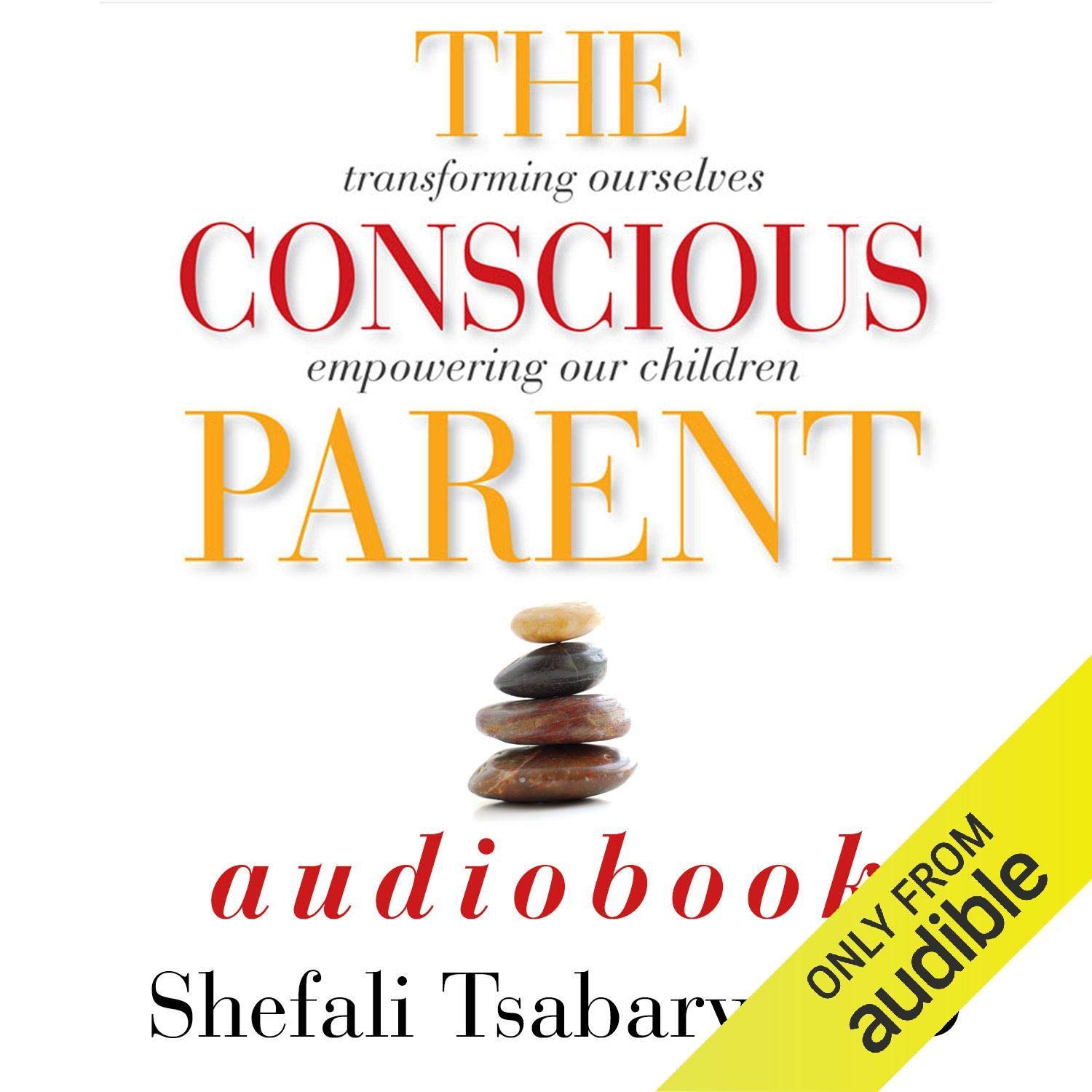
A parenting guide that challenges traditional child-rearing methods. The book’s core philosophy is that parenting is not about fixing or controlling the child, but about the parent’s own personal and spiritual growth. Instead of focusing on techniques to manage a child’s behavior, Dr. Tsabary urges parents to look inward and address their own unresolved emotional issues.
Key ideas:
-
A Shift in Perspective: The book argues that children are not blank slates to be molded, but spiritual beings with their own unique essence. Their role is to awaken their parents to a deeper level of consciousness. This reframes parenting from a top-down, authoritarian model to a partnership of mutual growth.
-
The Child as a Mirror:” Dr. Tsabary teaches that a child’s most difficult behaviors often serve as a mirror, reflecting a parent’s own fears, insecurities, and unhealed wounds. For example, a parent’s frustration with their child’s anger may stem from their own suppressed anger. The path to effective parenting, therefore, is through self-awareness.
-
Moving Beyond the Ego: The author emphasizes that a parent’s ego—the need to be right, to have a perfect child, or to live vicariously through them—is the primary source of conflict in the family. By consciously letting go of ego-driven expectations, parents can create a more authentic and accepting relationship with their children.
-
The Conscious Connection: The goal is to build a deep, genuine connection with your child by being present and acknowledging their feelings without judgment. This means listening to and validating their emotional experiences, rather than dismissing them or trying to “solve” their problems. This conscious connection fosters a sense of security and belonging.
Good Inside: A Guide to Becoming the Parent You Want to Be
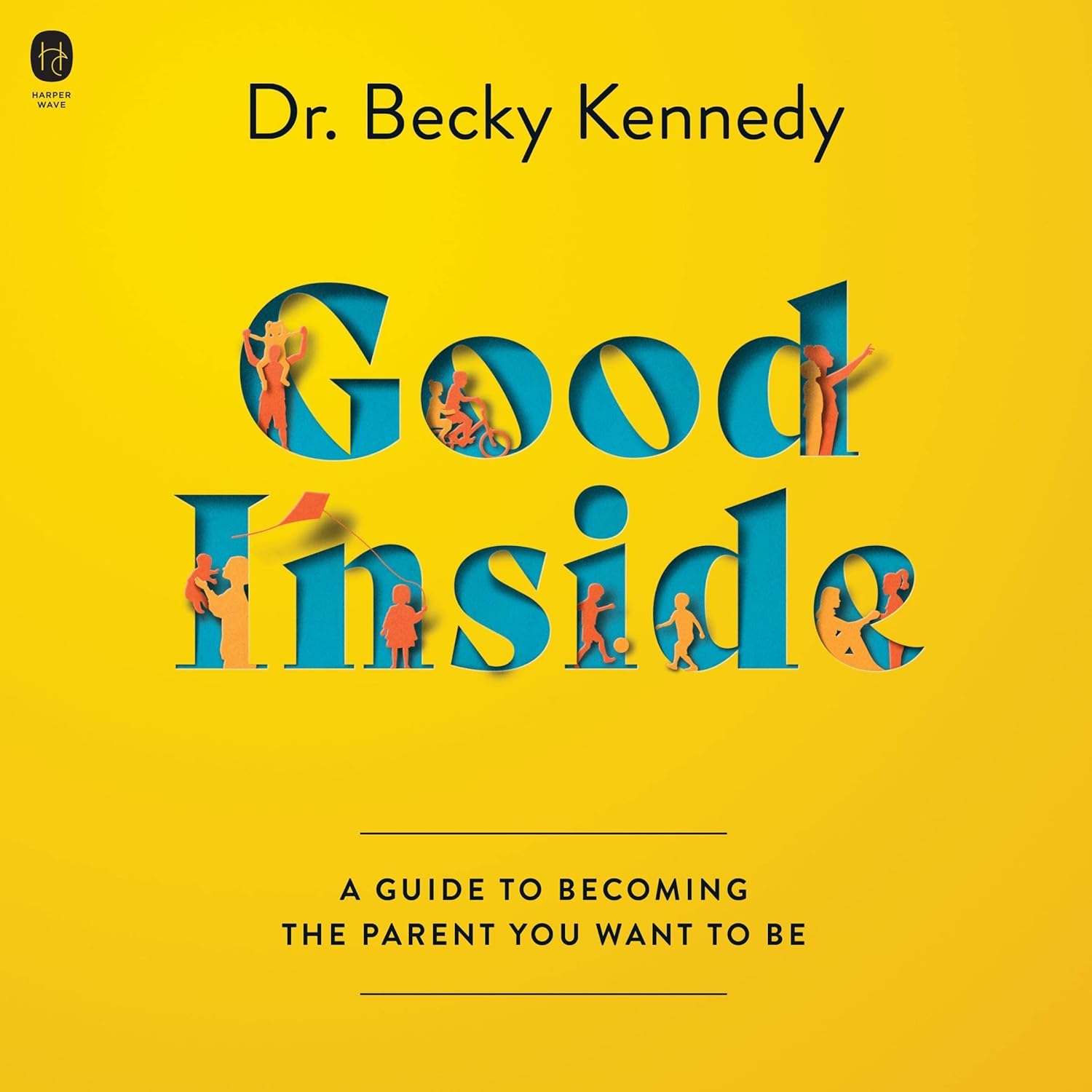
A parenting book that offers a new framework for raising emotionally resilient children. The core philosophy is that both you and your child are “good inside”, and that a child’s misbehavior is not a sign of a bad kid, but a signal that they are having a hard time. The book shifts the focus from managing behavior to understanding the underlying emotions and needs.
Key ideas:
-
The “Good Inside” Philosophy: Dr. Kennedy’s foundational belief is that all children and parents are inherently good, compassionate, and generous. When a child acts out, it’s not a reflection of their character, but a clue that they are struggling with big feelings or unmet needs. This mindset encourages parents to approach difficult moments with curiosity and empathy rather than judgment and frustration.
-
Behavior as a Window:” The book teaches that a child’s behavior is a window into their internal world. Instead of focusing on correcting the behavior itself (e.g., a tantrum), parents should look past the surface to address the root cause, such as a feeling of overwhelm, a need for connection, or a lack of control. By doing so, parents can help their children develop self-regulation skills and emotional intelligence.
-
Two Things Can Be True: This principle is a cornerstone of the book. It states that two seemingly opposite realities can coexist. For example, a parent can be firm about a boundary (e.g., “It’s time for bed now”) while also validating their child’s feelings (“I know you’re sad that playtime is over”). This approach allows parents to provide sturdy leadership while also maintaining a strong emotional connection.
-
Prioritize Connection Over Correction: Dr. Kennedy emphasizes that the most effective way to influence a child’s behavior is through a secure and loving relationship. She encourages parents to focus on building a strong bond through validation and empathy, as this connection is what motivates children to cooperate and change.
-
The Importance of Repair: The book acknowledges that no parent is perfect. It introduces the concept of “repair,” which is the act of reconnecting with your child after a moment of disconnect (e.g., a parent yelling). By apologizing and acknowledging their mistake, a parent models humility and shows their child that mistakes are repairable, strengthening trust and security in the relationship.
High Road Leadership: Bringing People Together in a World That Divides
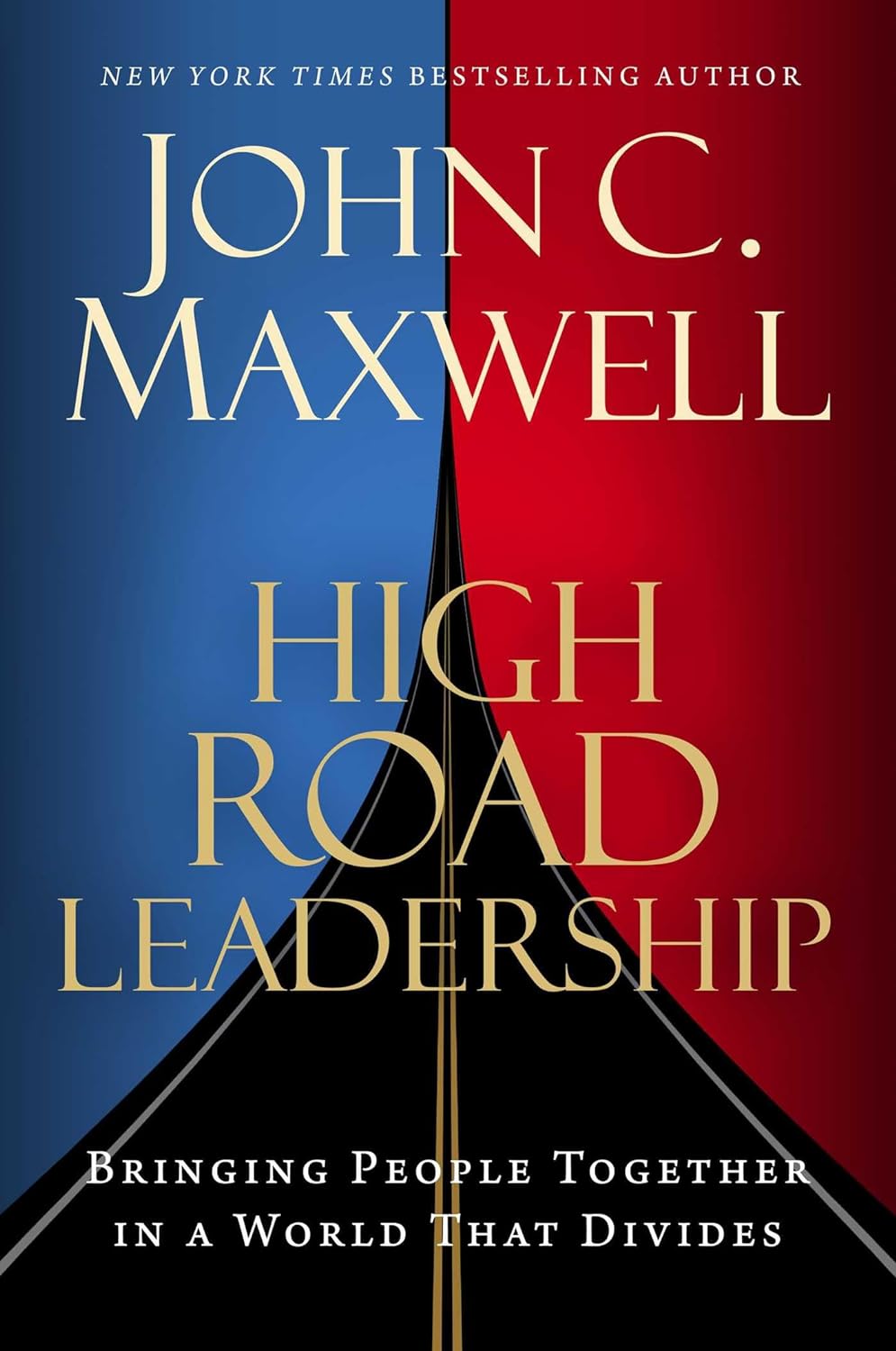
A practical guide for leaders on how to build and maintain trust, inspire people, and foster unity in an increasingly polarized world. Drawing on decades of leadership experience, Maxwell argues that a leader’s character and choices are the most powerful tools for success. He defines “high road leadership” as a conscious decision to choose integrity, positivity, and a commitment to people over personal gain.
Key ideas:
-
The High Road vs. The Low Road: Maxwell contrasts two paths leaders can take. The low road is characterized by cynicism, selfishness, and a focus on what’s wrong. It often leads to division and distrust. The high road, by contrast, is defined by positive principles like optimism, empathy, and a focus on what’s right. Maxwell asserts that the high road is always the more difficult but ultimately more rewarding path.
-
The Power of Choices: The book emphasizes that leadership is not about a position or a title; it is about the daily choices a person makes. Maxwell outlines the specific choices a high road leader must make, such as choosing to:
-
Respond Positively: Rather than reacting to negativity, a high road leader chooses to be proactive and positive.
-
Add Value to People: High road leaders are focused on serving and developing others, not just using them to achieve a goal.
-
Model Integrity: This is the foundation of trust. A high road leader’s words and actions are consistently aligned, building credibility and respect.
-
-
Unity in a Divided World: Maxwell provides strategies for leaders to bring people together despite their differences. He explains that leaders must actively build bridges, find common ground, and inspire a shared vision that is greater than any individual’s agenda. He stresses that focusing on a positive, unifying mission can help teams overcome political, social, or personal divides.
How Will You Measure Your Life?
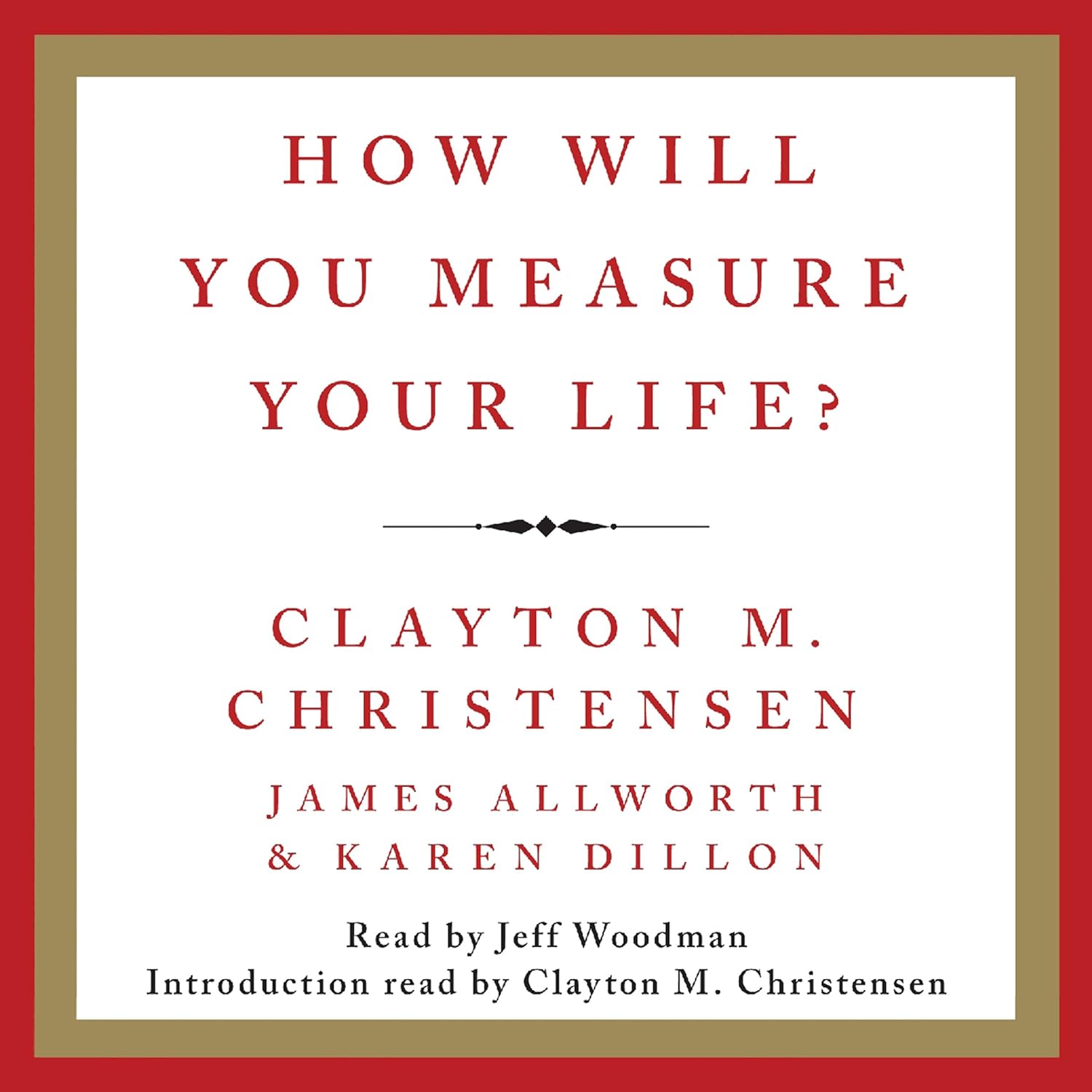
How Will You Measure Your Life? is a book by Clayton M. Christensen, James Allworth, and Karen Dillon that applies business management theories to help individuals find happiness and purpose in their personal lives. The book originated from a popular speech Christensen gave at Harvard Business School and is structured around three key questions:
- How can I be sure that I’ll be happy in my career?
Christensen uses his famous “Theory of Motivation” to explain that a fulfilling career is built on factors like meaningful work, responsibility, and personal growth, which he calls “motivators.” These are distinct from “hygiene factors” like salary and job security, which, while important, can only prevent dissatisfaction—they can’t create true happiness. The book urges readers to prioritize opportunities for growth and purpose, not just promotions or paychecks.
- How can I be sure that my relationship with my family and friends becomes an enduring source of happiness?
Drawing on his “Resource Allocation” theory, Christensen argues that we must be deliberate about where we invest our time, energy, and resources. He warns that it’s easy to unconsciously underinvest in relationships because the returns are often intangible and long-term. To build strong family bonds, you must actively “allocate resources” to them every single day, making them a top priority over demanding career commitments that offer more immediate, visible rewards.
- How can I be sure that I’ll stay out of jail? (Figuratively and literally)
This section focuses on the importance of personal integrity. Christensen uses his “Marginal Thinking” theory to show how small, seemingly insignificant compromises in our ethics can lead to catastrophic consequences. He emphasizes that it is much easier to hold to your principles 100% of the time than to hold to them 98% of the time. The book’s final message is that a strong foundation of integrity is essential for a life of purpose, and compromising your values for short-term gain will ultimately lead to regret.